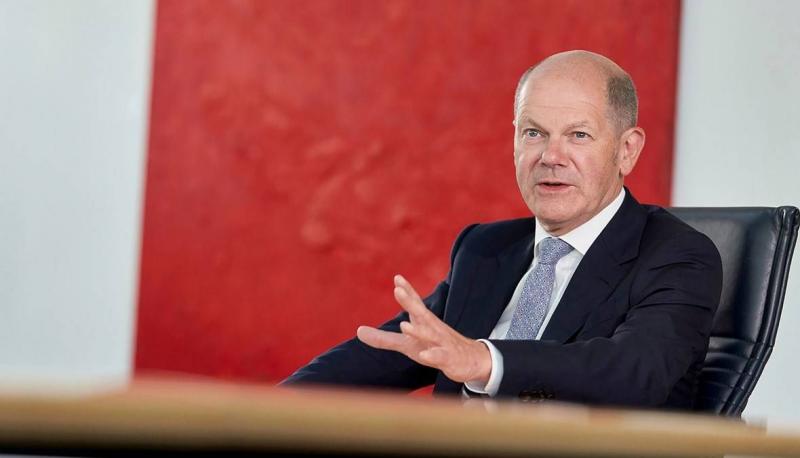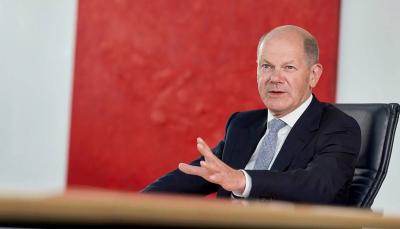German Chancellor Olaf Scholz will arrive in Japan tomorrow, Saturday, accompanied by six of his ministers, in an effort to solidify economic relations between the two countries as Germany considers reducing its reliance on Chinese raw materials amid global supply chain disruptions. Scholz and Japanese Prime Minister Fumio Kishida will hold a "government consultation" with several members of both governments to discuss ways to enhance economic security.
Franziska Brantner, State Secretary in the German Ministry of Economy, stated, "Japan and Germany are major industrial democratic countries that orient their economies toward exports, thus facing similar challenges in shaping digital and environmental transitions and enhancing the resilience of their economies in difficult geopolitical times."
A German government official commented on the visit, saying Berlin hopes to learn Japan's strategy regarding raw materials and listen to Tokyo's advice on reducing import dependence in light of Japan's recent passage of an economic security bill.
In a move primarily focused on China, Japan's parliament passed a general economic security law last year aimed at protecting technology and enhancing sensitive supply chains. Trade between Germany and China reached a record level last year, making China Germany's most important trading partner for the seventh consecutive year despite political warnings in Berlin about over-reliance on China. Data from the German Federal Statistical Office showed that the two countries exchanged goods worth approximately 298 billion euros in 2022, marking an increase of about 21 percent from the previous year.
Japan is Germany's second-largest trading partner in Asia after China, with trade volumes reaching around 46 billion euros in 2022. The center-left German government, concerned about Germany's dependence on China, is adopting a tougher approach towards Beijing compared to the previous center-right government and is exploring ways to reduce dependence on the Chinese economy.




